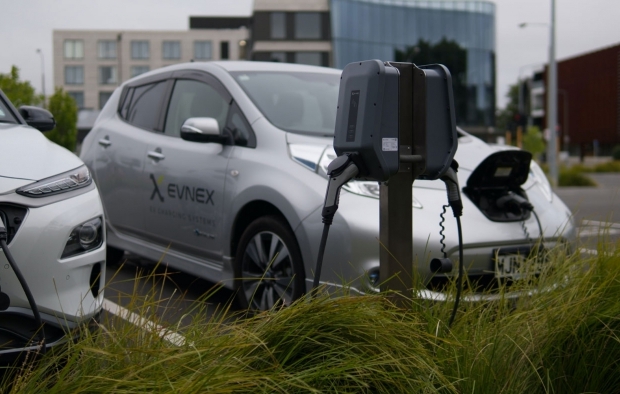
- Home
- News
- Road Traffic
- Electric Cars: Public Charging Must Not be Excessive

Electric Cars: Public Charging Must Not be Excessive
The Transport Select Committee is urging the Government to address price inequality between public and home electric car charging.
Currently, it is more expensive to charge at public points in comparison to a home-installed point, which could put pressure on people who are less able to afford it, insists the Committee.
They also called for improvements to the charging infrastructure, with a need for reliability and accessibility, particularly in rural areas.
With a ban on new petrol and diesel vehicle sales taking effect from 2030, the expectation is that by 2050 the majority of cars will be either electric, use hydrogen fuel cells, or use some other non-fossil fuel-based technology.
This has led to calls for more co-ordination in relation to electric vehicles on a national scale.
“Charging electric vehicles should be convenient, straightforward and inexpensive and drivers must not be disadvantaged by where they live or how they charge their vehicles,” said Committee Chair Huw Merriman.
Theo Leggett, Business Correspondent for the BBC, highlighted these concerns as part of preparation for a ‘revolution’.
“Preparing for a revolution is never easy – but with the sale of new petrol and diesel cars due to end in 2030, that’s exactly what lies ahead,” he said in a recent BBC article.
“MP’s have set out some clear concerns – notably that people who don’t have access to off-street parking or who live in remote areas might struggle to charge electric cars and would be obliged to pay more for the power they use.
“They want the Government to make sure this doesn’t happen.”
Share this article
"Contacted Winns before my insurance company and they saved all the hassle, they were really quick and great over the phone and sorted [a hire] car, repairs etc. within hours."
- Mr Mordue
Request a Callback
Had an accident that wasn’t your fault? Leave your details and we’ll call you back.
Thank you
Thank you for your request, one of our team members will be in touch shortly.
Find Out More


